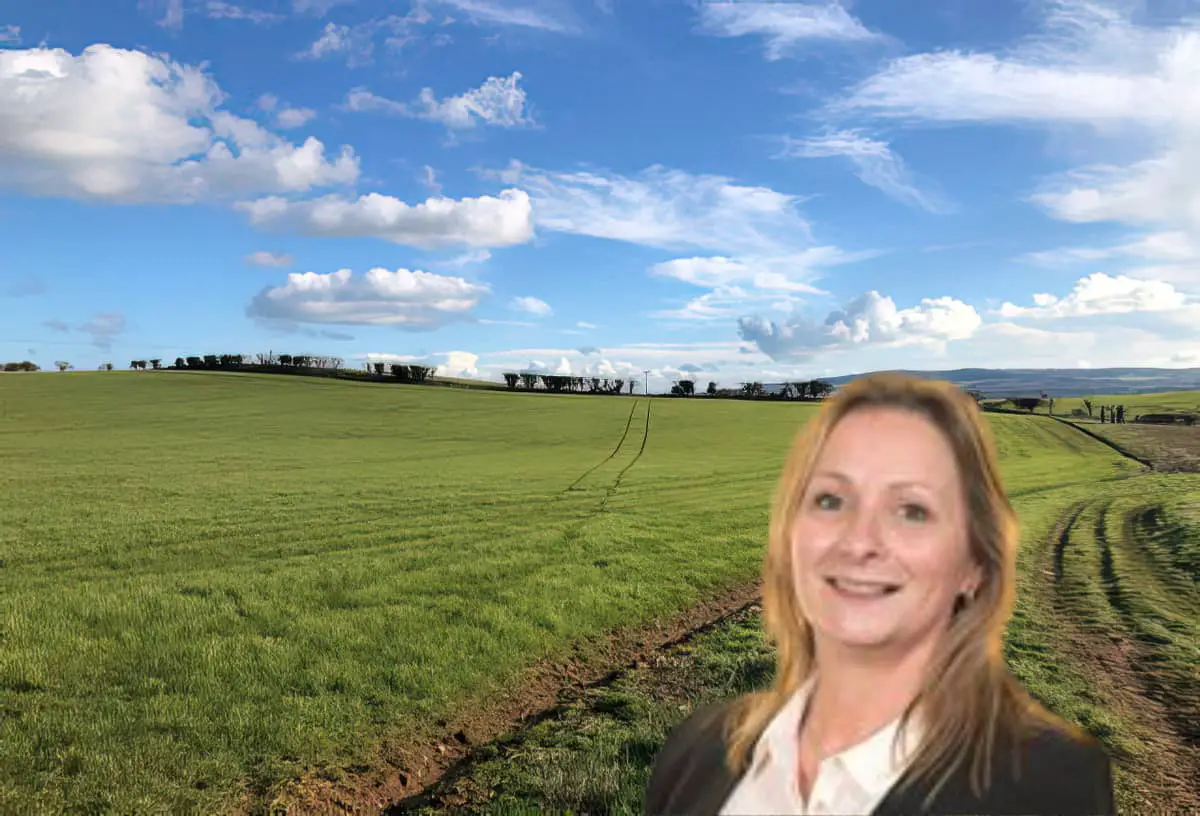Cllr Suzie Ellis Isle of Wight Conservative councillor for Central Rural sets out her findings and views in relation to any potential planning appeal by UK Oil and Gas (UKOG). Ed
The agreement of the historic “Glasgow Climate Pact” – at COP26 – confirms that the decision of the Isle of Wight Council to refuse UK Oil and Gas’s application for oil drilling in the Arreton Valley was the right one.
Countries – including the UK – have been asked to return to COP next year with more ambitious 2030 emissions reductions targets, in line with the 1.5C target. Given the focus on achieving such targets in the next decade, it would be completely perverse if oil drilling exploration was allowed on the Island.
What happens if there is an appeal
On 25th October, the Isle of Wight council issued the refusal notice (20/00513/FUL) for the Arreton Valley oil drilling application. UKOG are now entitled to appeal this decision to the Planning Inspectorate in Bristol.
In my presentation to the Planning Committee on 19th October, I made clear that if UKOG did appeal any refusal decision, I would write to the Secretary of State for Levelling Up, Housing and Communities asking that he “recovers” the decision for his own determination.
Intervention now even more compelling
Following the Glasgow Climate Pact – and the Environment Act receiving Royal Assent in the past week – the case for the Secretary of State intervening is now even more compelling.
The proposal for oil drilling in the Arreton Valley runs contrary to the direction of travel set out at COP26 and the UK Government’s own policy commitments (such as the new Environment Act).
Small percentage of appeals decided by the Secretary of State
Having reviewed the criteria set out in 2008 (which is still in force) for the Secretary of State to apply when considering the recovery of appeals, I am satisfied that there is a sufficient basis – particularly given what I have referred to above – to request that any appeal by UKOG of the Arreton Valley refusal is determined by this route.
Ultimately, it is down to the Secretary of State to decide whether to exercise these powers, so working with local campaigners, I would set out a persuasive case as why any appeal by UKOG should be recovered.
Political accountability
As I previously stated, it is important that an application that goes to the heart of the Government’s policy agenda is decided by those who are politically accountable (which the Secretary of State is).
I am reiterating this intention again now – following the issuing of the refusal notice – so that the applicant can decide whether pursuing an appeal is a worthwhile step.





